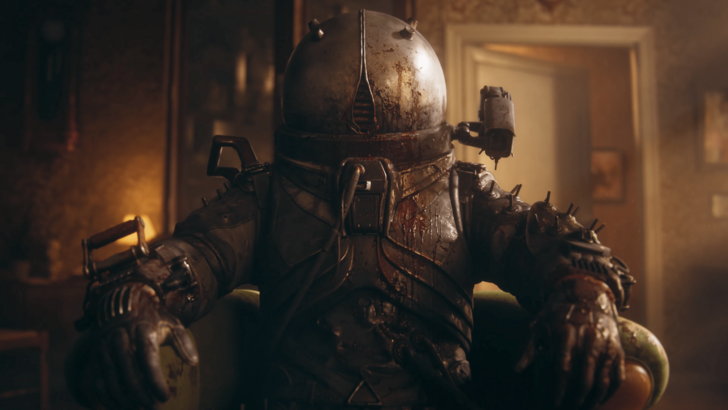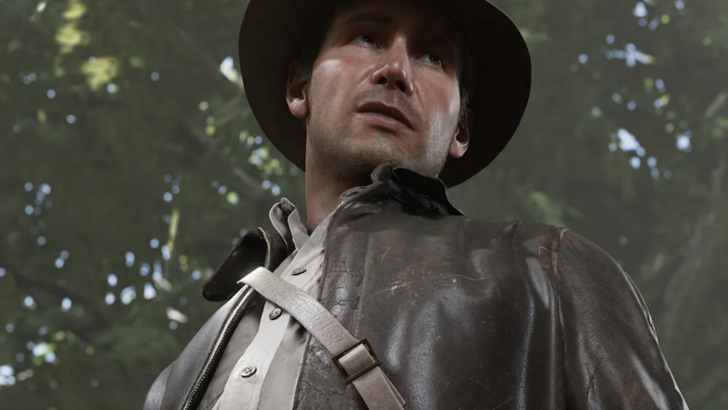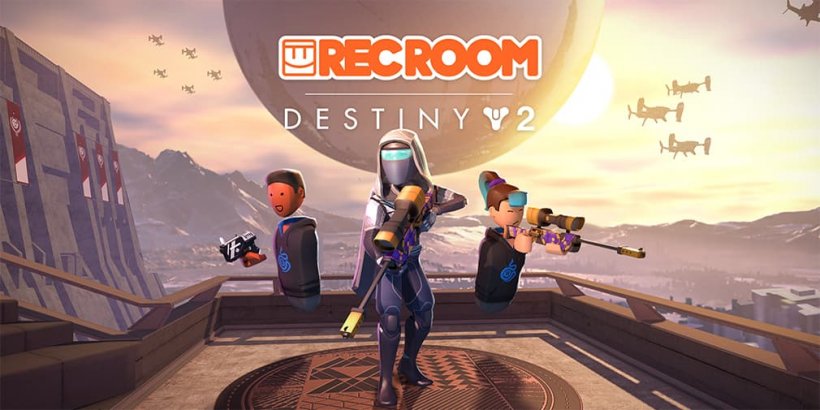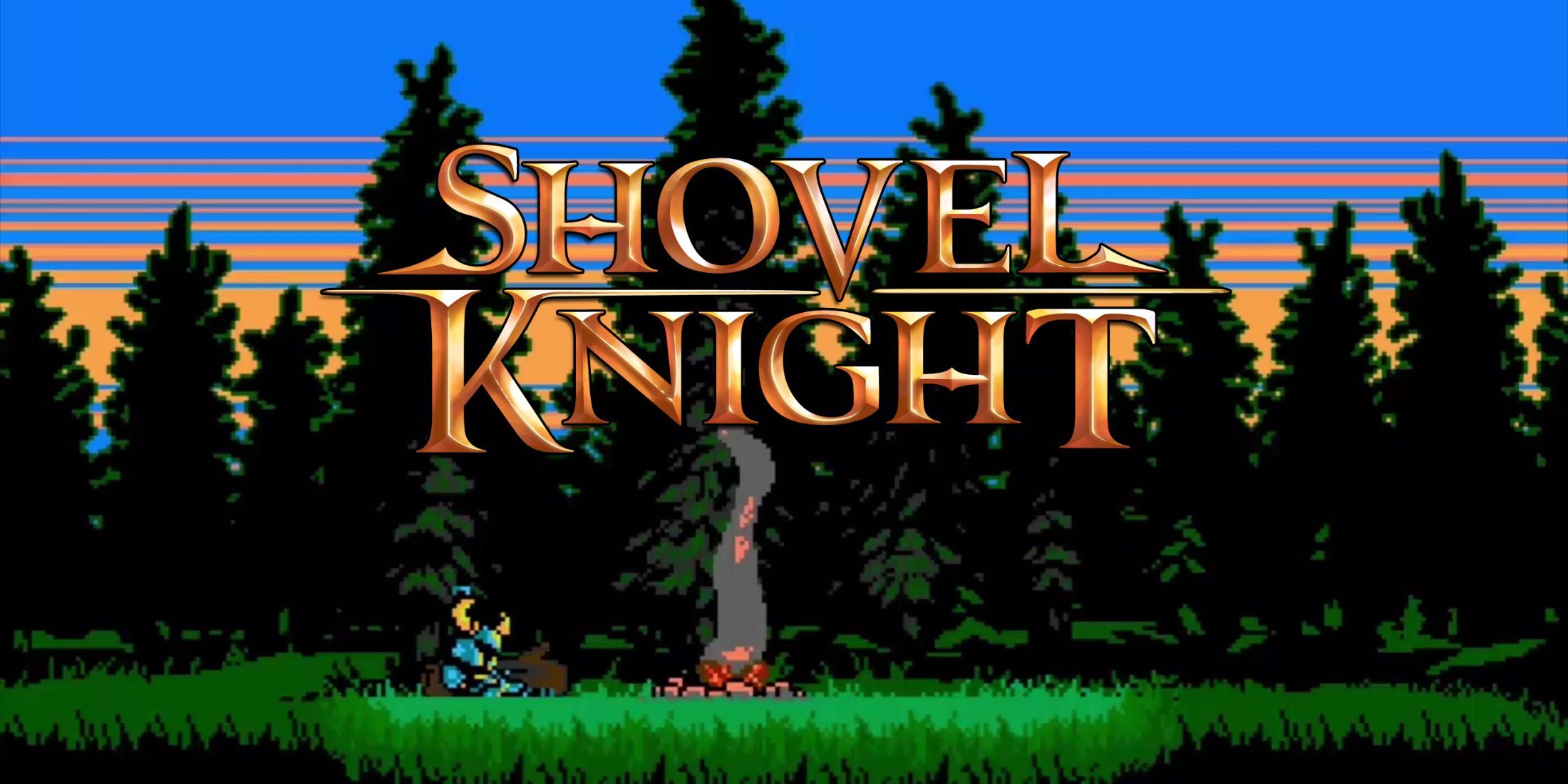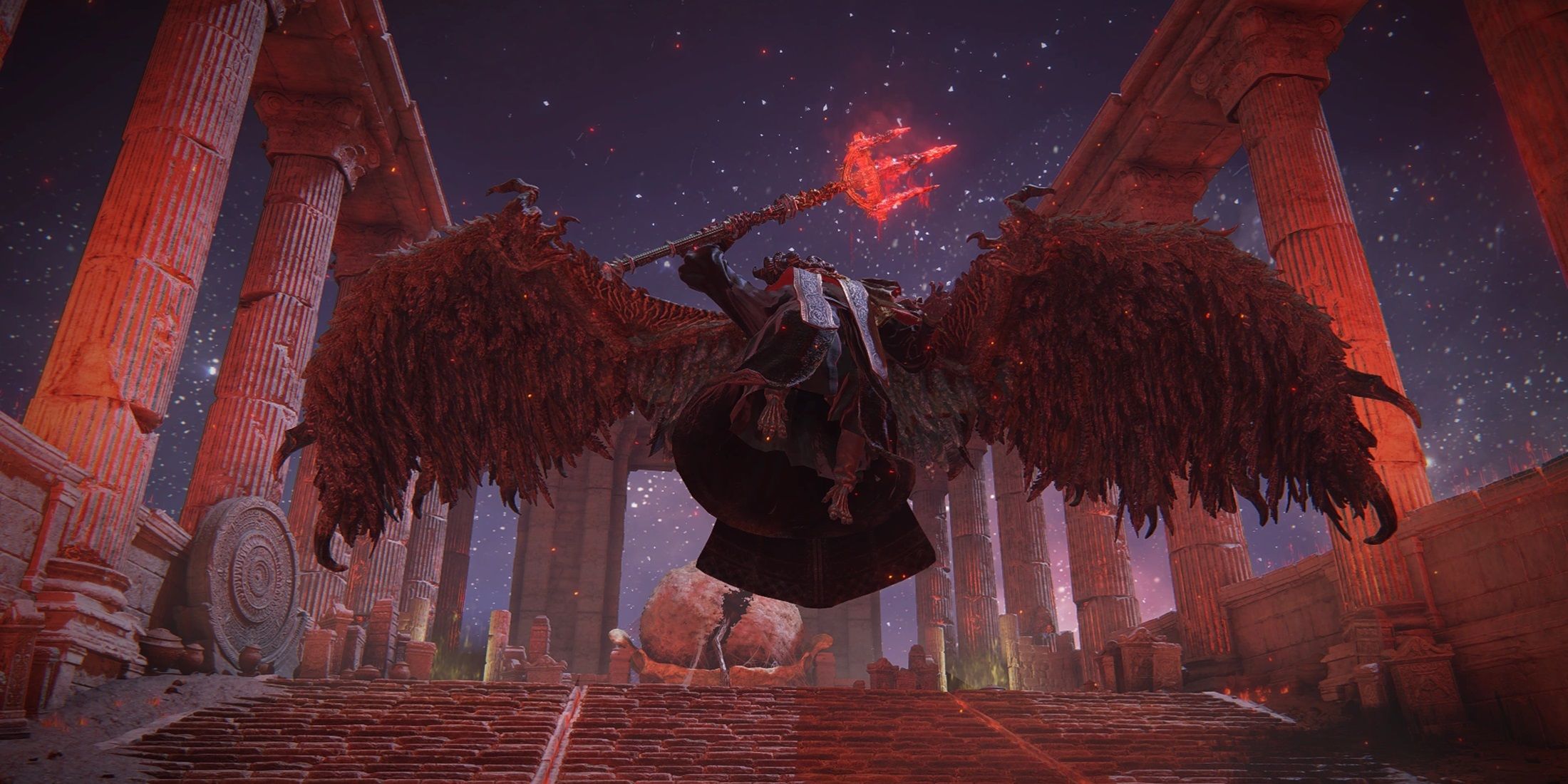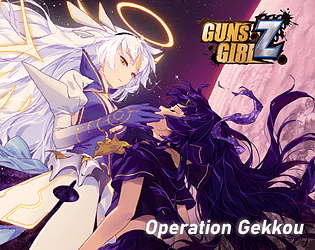Former PlayStation executive Shuhei Yoshida has expressed his reservations about Sony's controversial push into live service video games. During his tenure as President of SIE Worldwide Studios for Sony Interactive Entertainment from 2008 to 2019, Yoshida revealed to Kinda Funny Games that Sony was fully aware of the risks associated with investing in live service games. His comments come at a challenging time for PlayStation's live service titles. While Arrowhead's Helldivers 2 achieved unprecedented success, selling 12 million copies in just 12 weeks to become the fastest-selling PlayStation Studios game ever, other live service efforts from Sony have either been canceled or faced disastrous launches.
Sony's Concord, for instance, stands out as one of the most significant failures in PlayStation's history. Launched to dismal player numbers, it was taken offline after only a few weeks and eventually canceled, with Sony also shutting down its developer. According to a report by Kotaku, the initial development budget for Concord was around $200 million, which did not cover the full development costs, the acquisition of the Concord IP rights, or the purchase of Firewalk Studios. The failure of Concord followed the cancellation of Naughty Dog’s The Last of Us multiplayer game, and recent reports indicate Sony has also canceled two unannounced live service projects: a God of War title from Bluepoint and another from Bend, the studio behind Days Gone.
Yoshida, who recently left Sony after 31 years with the company, shared his thoughts on PlayStation's live service strategy in his interview with Kinda Funny Games. He stated that, had he been in the position of Hermen Hulst, the current Sony Interactive Entertainment Studio Business Group CEO, he would have resisted the shift towards live service games. Yoshida explained that while he was responsible for managing budgets and allocating funds for game development, he believed diverting resources from successful single-player titles like God of War to live service games was risky. He noted that under Hulst’s leadership, Sony provided additional resources to explore live service games without halting the production of single-player titles, acknowledging the high risk but also the potential for success in the competitive live service genre.
The unexpected success of Helldivers 2, according to Yoshida, underscores the unpredictable nature of the gaming industry. He expressed hope that Sony's strategy would ultimately pay off, despite his personal inclination to resist the shift had he been in Hulst's position.
In a recent financial call, Sony president, COO, and CFO Hiroki Totoki discussed the lessons learned from both the triumphant launch of Helldivers 2 and the failure of Concord. Totoki admitted that Sony should have implemented development checkpoints such as user testing and internal evaluations much earlier in the process for Concord. He suggested that earlier intervention could have allowed for improvements before the game's launch.
Totoki also criticized Sony's "siloed organization," suggesting that better cross-departmental collaboration could have helped. He noted that Concord's release timing, shortly after the successful launch of Black Myth: Wukong on PS5 and PC, may have contributed to its poor performance due to market cannibalization. He emphasized the importance of selecting optimal release windows to maximize performance and avoid competition between titles.
During the same financial call, Sony senior vice president for finance and IR Sadahiko Hayakawa compared the launches of Helldivers 2 and Concord, stating that the lessons learned would be shared across Sony's studios. Hayakawa highlighted the importance of enhancing development management systems, continuously adding content, and scaling services post-launch. He affirmed Sony's commitment to balancing its portfolio with both single-player games, leveraging proven IP for higher predictability, and live service games, which offer potential upside despite the inherent risks.
Looking ahead, several PlayStation live service games are still in development, including Bungie’s Marathon, Guerrilla’s Horizon Online, and Haven Studio’s Fairgame$.

 Latest Downloads
Latest Downloads
 Downlaod
Downlaod




 Top News
Top News